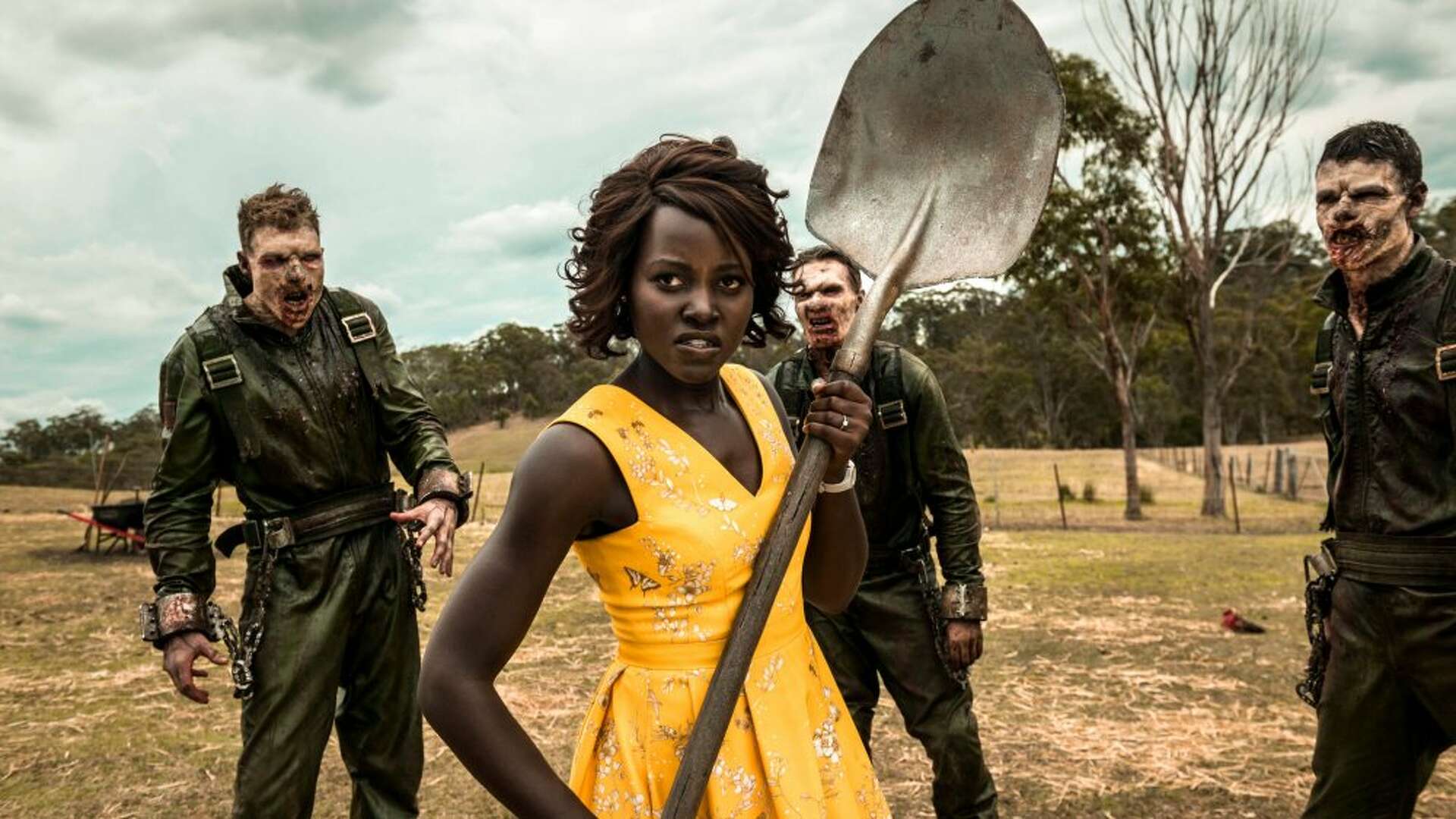
The Grooming Gangs Crisis and the Silence Around Ethnicity
Let me talk to you today about something that’s deeply disturbing, long overdue, and frankly, a national disgrace. A new report by Baroness Louise Casey has shed fresh, uncomfortable light on the failure of UK institutions to tackle the grooming gangs crisis—specifically the way authorities have, for years, shied away from addressing the role ethnicity has played in these crimes.
Now, the term “grooming gangs” refers to organised groups of men who sexually exploit children—mostly young girls—by coercing, manipulating, and abusing them. These gangs often prey on vulnerable children, those in care or from difficult backgrounds, making them feel loved or wanted, only to later hand them off to others for further abuse. These children, just kids really, were given drugs, alcohol, and sometimes brutal violence to keep them quiet and compliant. And yet, for decades, institutions stood by, not doing nearly enough to stop it.
What’s damning in Casey’s findings is not just the abuse itself—we already knew it was horrific—but the systemic failure to face the truth, especially when it came to the ethnic backgrounds of many perpetrators. Two-thirds of police forces didn’t even record the ethnicity of offenders. Why? Because many officials were afraid of being labelled racist or feared they might stir up community tensions. But in doing so, they failed both the victims and the very communities they thought they were protecting.
Also Read:- Boca Juniors and Benfica Collide in Historic Club World Cup Clash
- Why "28 Years Later" Has Me Foaming at the Mouth (With Hope)
In the few places where data was collected—Greater Manchester, South Yorkshire, and West Yorkshire—there was a clear overrepresentation of men from Asian backgrounds, particularly of Pakistani heritage. This doesn’t mean all or even most offenders come from that background. But pretending this element doesn’t exist helps no one—not the survivors, not law-abiding members of those communities, and certainly not justice.
Home Secretary Yvette Cooper acknowledged this gross failure and issued a public apology. She announced a new national inquiry and a plan to launch a major criminal operation under the National Crime Agency. These steps, she said, are about restoring accountability and ensuring this never happens again.
But here’s the question we need to ask ourselves: why did it take this long? Why were these children ignored, or worse, criminalised for their own abuse? Why was race weaponised as a political taboo instead of a data point in a broader criminal justice context?
Baroness Casey put it clearly: “If good people don’t grip difficult issues, bad people will.” And she’s right. We need courage—not just from leaders, but from the media, law enforcement, and all of us in civil society—to confront painful truths. Hiding data or ignoring uncomfortable facts only empowers extremists on both ends and allows abuse to continue unchecked.
This isn’t just a scandal; it’s a collective failure, a moral one. And if we’re ever going to rebuild trust in our institutions, then we need more than just apologies. We need justice, transparency, and above all, the bravery to tell the whole truth—no matter how difficult it is to hear.
Read More:



0 Comments